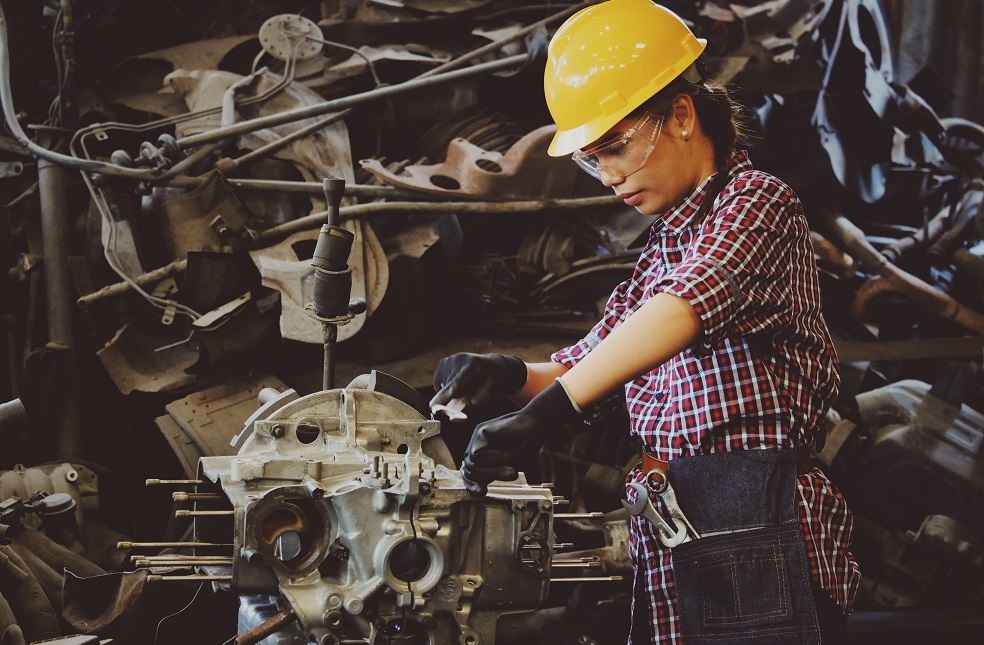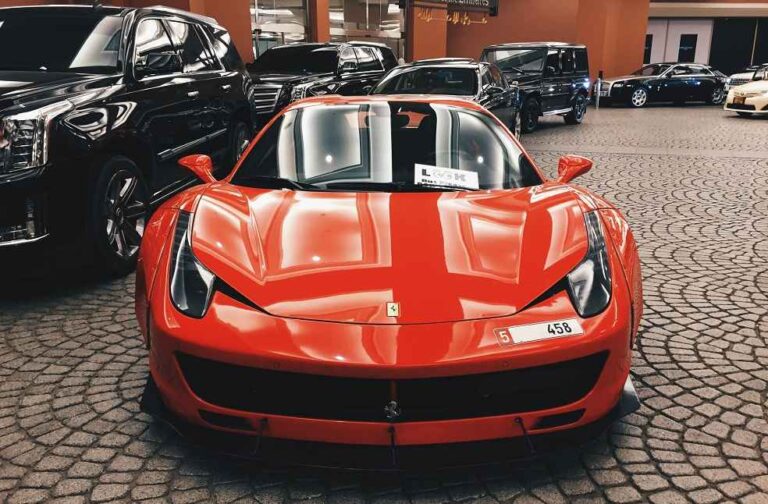Seeking to revive Brazil’s languishing auto sector, President Luiz Inacio Lula da Silva has introduced a range of tax cuts, specifically designed to enhance the affordability of low-cost vehicles for the country’s working-class population.
On Thursday, the government unveiled a tax reduction plan for vehicles priced at 120,000 reais ($23,875) or less. It is anticipated that this initiative could decrease the sticker prices on some cars by almost 11%.
“The reduction will primarily benefit the social aspect, focusing on affordable cars rather than luxury vehicles,” said Vice President Geraldo Alckmin during the announcement at the presidential palace in Brasilia.
This move is part of Lula’s larger strategy to reinvigorate Brazil’s once-prominent automotive industry and reaffirm the nation’s status as an economic powerhouse. This sector has seen a decline in production in recent years, exacerbated by high-interest rates and a struggling economy.

While this development has been warmly received by industry leaders, the effectiveness of the reduction in reversing the auto industry’s declining fortunes remains uncertain. After the combined hit of the pandemic and shortages of key inputs, the sector is struggling with high borrowing costs and weakened sales.
In response to these challenges, Brazil’s national development bank, BNDES, has announced a 44 billion reais plan to provide manufacturers with cheaper credit through lower interest rates, designed to foster innovation in the sector.
However, industry executives caution that these efforts may prove futile without a decrease in interest rates. “All of our efforts to grow the market will go to waste if interest rates aren’t lowered,” stated Marcio de Lima Leite, president of the Brazilian Association of Automotive Vehicle Manufacturers (Anfavea).

Once a driving force behind Brazil’s industrialization in the 20th century, the auto industry has faced global competition and a shift towards exporting raw materials rather than automobiles. The sector was further impacted by the Covid-19 pandemic and the worldwide semiconductor shortage, which led to a significant drop in auto production and sales.
Despite these obstacles, President Lula’s initiatives may offer some short-term relief for the beleaguered industry. Yet the long-term future of the sector will depend on broader economic reforms, including a necessary reduction in interest rates.
AWJ CHOICE: UK’s Top 10 Best-Selling Cars of 2023 Revealed





